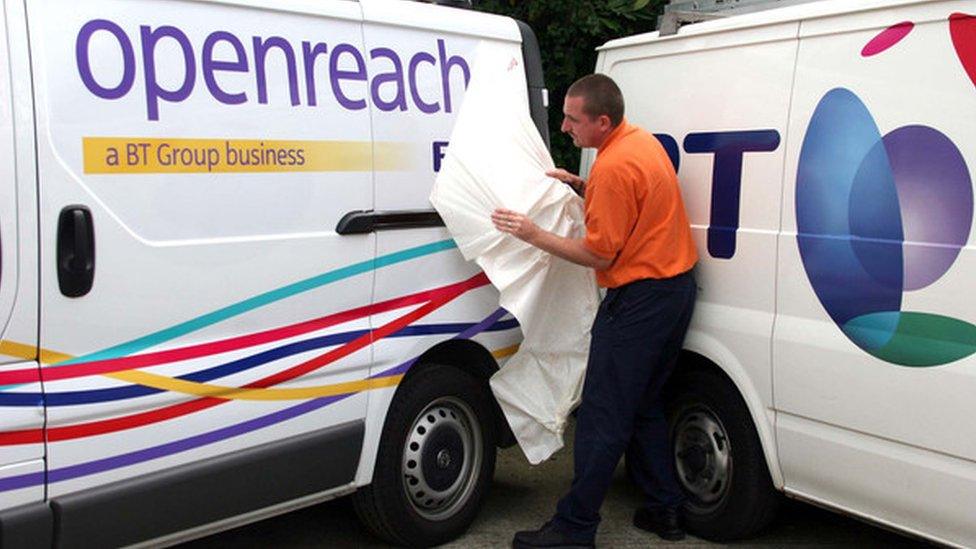BT avoids Openreach broadband break-up
- Published
Ofcom chief Sharon White vows 'faster, more reliable' broadband from the BT shake-up
BT's Openreach division, which runs the UK's broadband infrastructure, should become a distinct company within the BT group, according to regulator Ofcom.
Campaigners said the changes could not come soon enough for the millions of people who have suffered "woeful levels of service from Openreach".
The media watchdog has resisted calls to split Openreach off entirely.
Instead, Ofcom said its plans, external would ensure the most independence from BT without the costs of a full break up.
More people will receive faster, more reliable broadband as a result of the changes, Ofcom boss Sharon White told the BBC.
The plans "can be introduced within months", rather than the years that a sell-off would involve, Ms White said.
'Woeful'
Ofcom ruled that BT's Openreach, whose network covers 30 million customers, should be a legally distinct company with its own board, branding and control over its budget allocation.
BT chief executive Gavin Patterson said it was a "sensible way forward" and accepted broadband services could be "better".
He said 95% of the country would have high-speed internet by the end of 2017, and the telecoms giant hopes to fill the 5% gap by 2020.
However, consumer group Which? said customers would expect the changes to "deliver big improvements" in Openreach's "woeful" service.
"Telecoms are an essential part of our daily lives and so it is vital that everyone can access good quality broadband, switching is made easier and compensation is made available when things do go wrong," said Alex Neill, Which? director of policy and campaigns.
Openreach proposal is "a sensible way forward", says BT chief executive Gavin Patterson
'Complex web'
Openreach runs the wires and cables for the UK's telecoms network and its clients include Sky and Talk Talk, as well as BT.
BT's rivals warned the new rules would be complicated and still leave Openreach's budget ultimately in the hands of BT.
"In taking one cautious step forward, I fear Ofcom has accidentally taken five steps back," Talk Talk chief executive Dido Harding said.
"Legal separation still means that we'll all be poring over a complex web of regulation and BT has proven itself expert at gaming the system," she added. BT strongly rejected the idea it has "gamed" the UK's telecom rules.


Analysis: Dominic O'Connell, Today business presenter
Investors' reaction told us much about Ofcom's ruling on BT. Relieved that the giant telecoms company would not be broken up, they piled into the shares, sending them up 3% in early trading.
BT dodged a bullet. Ofcom chief executive Sharon White said complications with land deals and BT's giant pension scheme meant there were "practical obstacles" to a break-up that would delay the process several years.
It's the pension scheme that probably most influenced Ofcom's thinking. BT's retirement scheme, inherited from its time as a state-owned utility, has assets of about £40bn and a deficit, on some measures, of about £10bn, even though BT has poured in billions of pounds in recent years.
Senior BT sources say that about 80% of the scheme relates to Openreach.
Separating the pension as part of a break-up would be a costly headache - and there is the small matter of a government guarantee on part of the scheme, something that BT fought in the courts to preserve, and won.

Separation
More than nine out of 10 households now have superfast broadband, but MPs and campaigners argue Openreach is often slow at making repairs and new connections.
The government said a full split of Openreach from BT still "remains an option".
A Department for Culture, Media and Sport spokesman added that "a more independent Openreach is needed to benefit consumers".
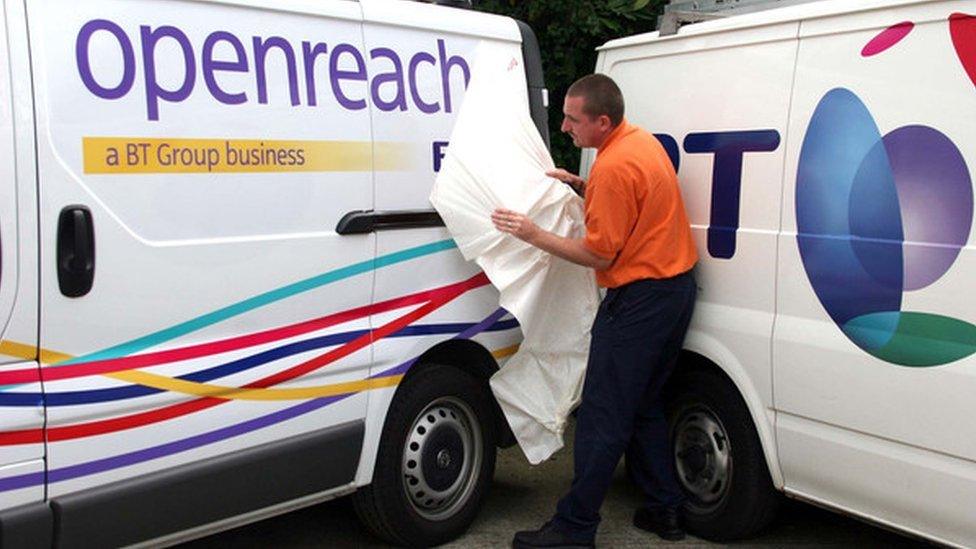
'Powers'
Ofcom boss Sharon White told the BBC that a full split looks "clean and simple on paper", but "actually there are big practical challenges".
"We need more fast fibre right to the doorstep," she said. Take-up in the UK is only 2%, compared with 70% in Japan, she said.
Calling it the "biggest shake-up to Openreach in its 10-year history", Ms White said the changes would ensure the broadband network is run in the interests of the UK not just BT.
"If BT doesn't agree, we will use the rules and powers to enforce the change," she added. "We have the powers, we're clear we have the powers."
'Feet to the fire'
The regulator will now consult on its plans until 4 October.
Sky chief executive Jeremy Darroch welcomed Ofcom's willingness "to hold BT's feet to the fire", but said it must introduce the changes "rapidly, fully and without dilution".
The plans come after MPs last week criticised the quality of service offered by Openreach, and said BT must put its "house in order".
Lawmakers argued the firm should be broken up unless BT pumped more investment into the vital infrastructure.
BT may 'game' new Openreach rules, says TalkTalk chief executive Dido Harding

- Published26 July 2016

- Published26 July 2016
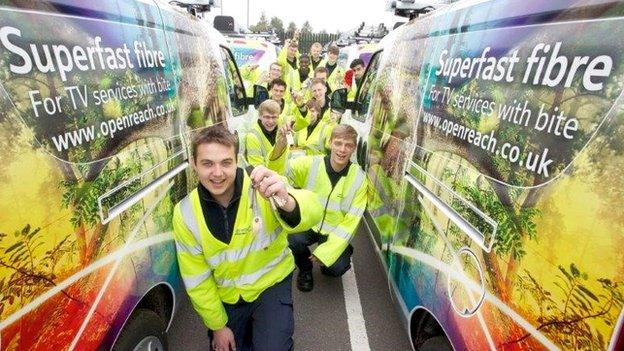
- Published26 July 2016
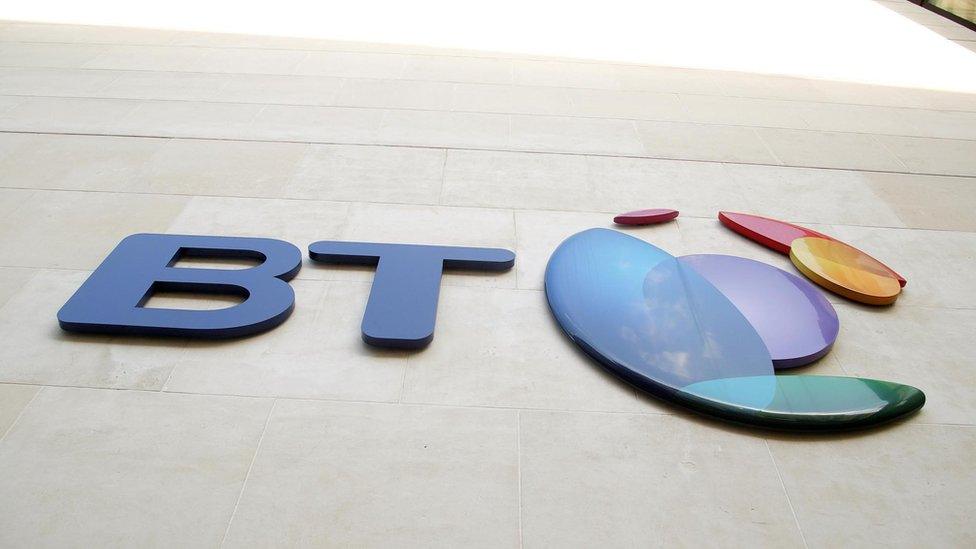
- Published26 July 2016
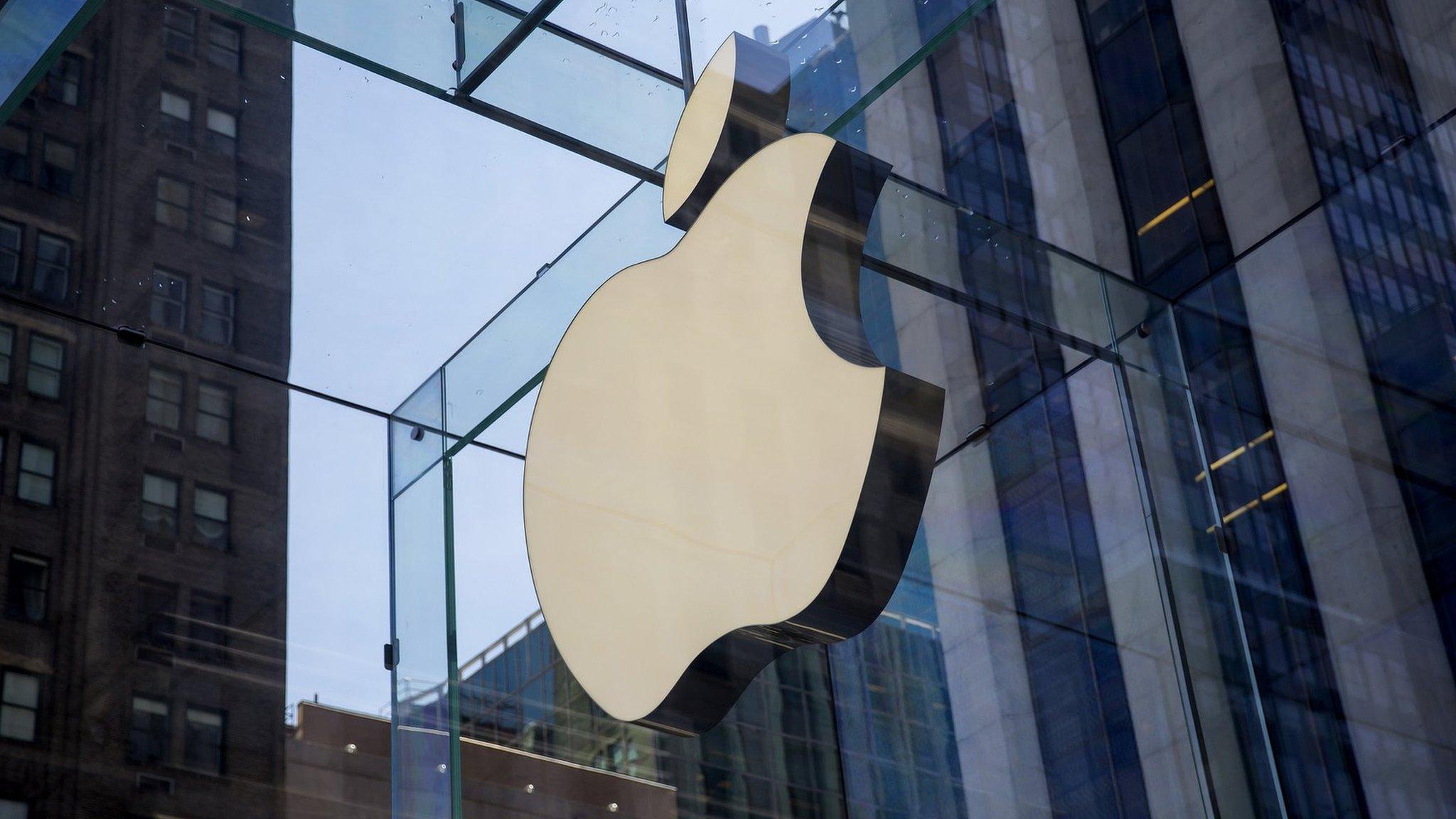
- Published25 July 2016
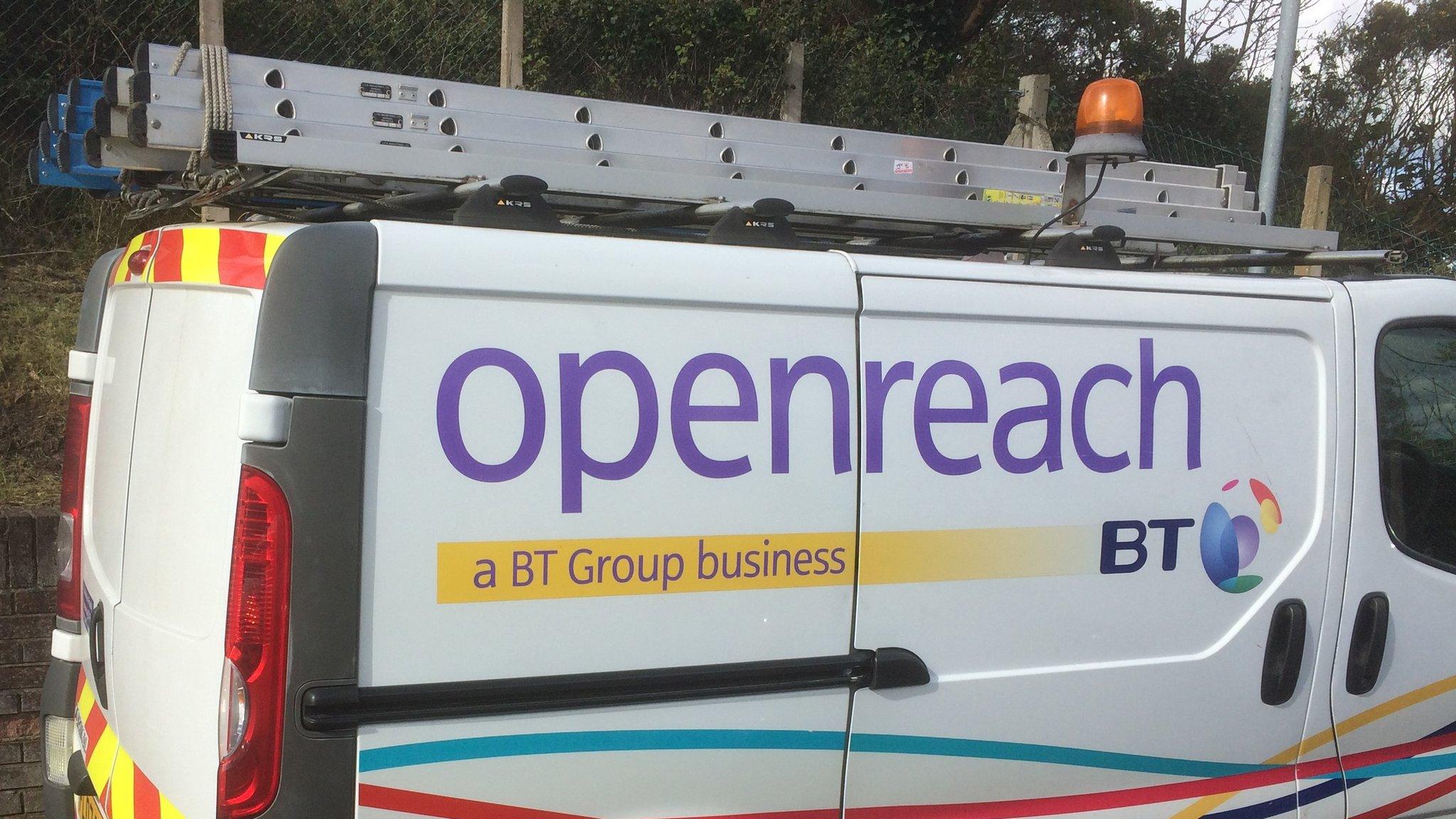
- Published19 July 2016

- Published19 July 2016
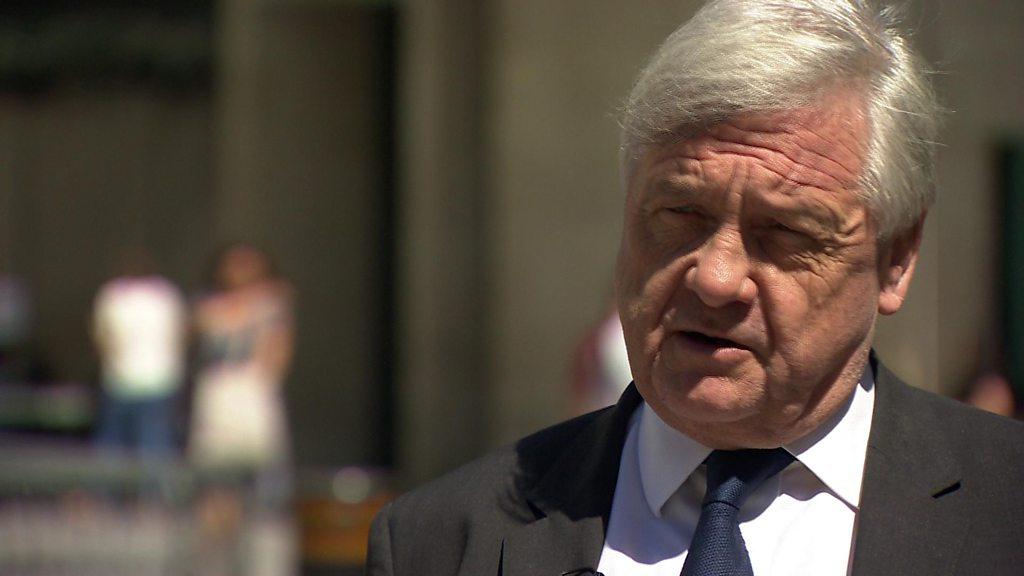
- Published23 January 2016

- Published29 February 2016

- Published25 February 2016
